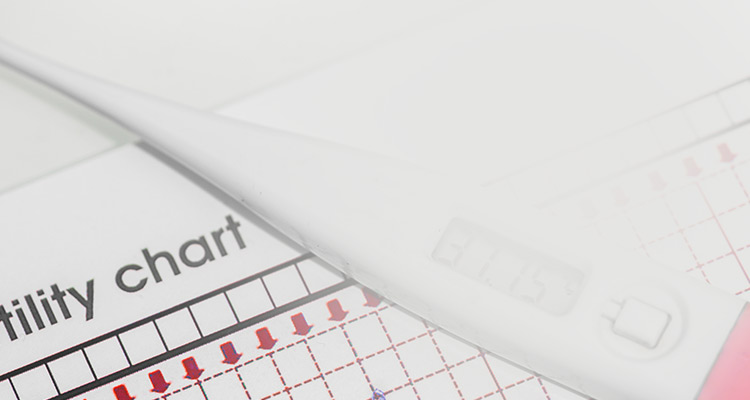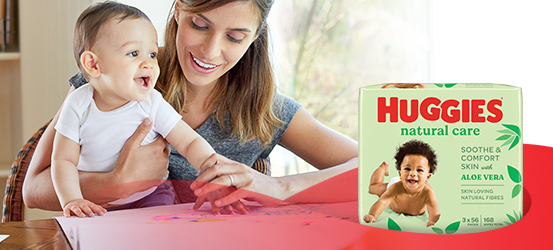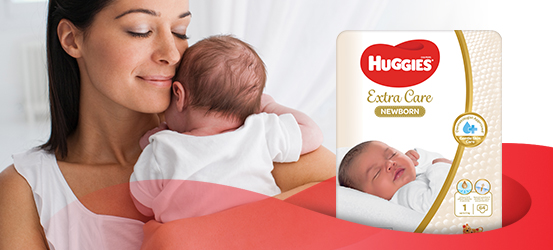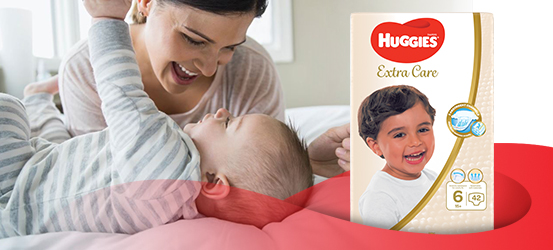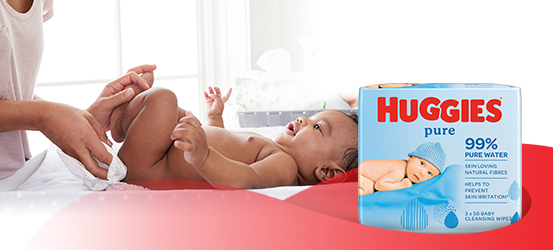Week 16 pregnant
Your baby is almost 13 cm long this week and moving quite actively now, with alternating periods of rest and activity. All that movement helps your baby’s muscles to grow and consolidates the network of nervous system pathways linking the brain, spinal cord and muscles.
By the time you are 16 weeks pregnant you probably have had a couple of antenatal appointments already. As part of a standard series of medical check-ups conducted in early pregnancy, specialised blood tests are included. If you haven’t already had these, or for some reason they’ve been missed, check with your midwife or obstetrician. It is important that your blood type, blood counts and immunity to certain diseases are checked for your own, as well as your baby’s health.
If you fit into a higher risk category of having a baby with chromosomal problems, you may be offered a CVS (Chorionic Villus Sampling) test, or Amniocentesis. It is possible to have a CVS before 12 weeks, though it can also be performed a little later. Amniocentesis is usually performed between 14-16 weeks of pregnancy, though again, can be done at a later stage of gestation as well. Both of these tests require an ultrasound at the same time, to check exactly where the placenta and the baby are positioned in your womb.
So now…what do I need to do?
You will probably find that you are entering into a more practical, down to earth stage of your pregnancy from here on. Your energy levels have returned and you can focus on things other than how tired you feel.
Now is the time to investigate your maternity leave entitlements from work and to plan how you and your partner will manage on one salary.
This is also the time to do your research into childcare if you think you will need it. Although this may seem very premature, spaces at many centres are limited and often have long waiting lists.
You may also want to start thinking about the room allocation at your home. Which room will be the nursery? Will your baby share with you or with a sibling? All of these factors need time to discuss, consider and solve.
Your physical changes this week
This week the fundus, or top or your womb, will be around 16 cm from your pubic bone. This means you may well be starting to show and it is becoming obvious that you are pregnant.
You may find your gums are sensitive and bleed easily when you brush your teeth. Change your toothbrush regularly and use only soft-bristled ones. Brush twice a day, floss daily and don’t forget to brush the back of your tongue where decay-causing bacteria breed. Make sure you have at least one dental check-up during your pregnancy. Gingivitis, i.e. inflammation of the gums, is one of the risk factors for premature labour, so now, more than ever, your oral hygiene is very important.
You might still be prone to constipation and a general slowing down in the bowel department. Water, roughage, fruit, vegetables, grain-based cereals and exercise are all naturally effective remedies to keep the bowel working as it should.
You are likely to have an increase in your vaginal discharge which, though annoying, is not necessarily a sign of infection. During pregnancy it is usually milky white or clear, but unless it causes itching or smells, don’t be concerned. The mucous-producing cells in your vagina play a protective role in keeping infections at bay.
You may find you get sharp twinges of pain on the sides of your tummy now. Those ligaments and muscles which are supporting your enlarging womb are getting a work out and sometimes they complain. Try not to move suddenly, sit when you can and avoid standing for long periods if possible. If this is affecting your work, ask your supervisor if you can modify your work area to make it a bit more comfortable for you.
Your emotional changes this week
You could feel as if your baby is taking over your body, not to mention your mind! It can be hard to concentrate on what needs to be done at work and home when your brain is so baby-focussed. Try not to feel like you’re the only one who feels this way - it is a common experience for pregnant women.
If the news of your pregnancy was less than welcome, you’ve had some time to get your head around it by now. Many women find that by the time they feel their baby’s movements, at 17-18 weeks, they have come to accept the reality of having a baby. Don’t be concerned if you’re not overflowing with maternal feelings. What is important at this stage of your pregnancy is that you care well for yourself and do not take unnecessary risks, which could jeopardise your or your baby’s health.
Having a baby can bring about changes in a woman’s relationship with her own parents. You are likely to find yourself reflecting back on your own childhood and what it was like and how it influenced you. All of this pondering is completely normal and simply demonstrates the significance of parenting on a woman’s life.
Your baby’s changes this week
This week your baby’s eyes are able to make sideways movements. Though the eyelids are still sealed for protection, the muscles controlling the eyes are starting to work. Baby scrunches up its eyes when bright light shines through your abdominal wall in what may appear as a reddish glow.
Lots of movements from your baby this week. Although – unless you’ve been pregnant before – you’re still blissfully unaware.
This week your baby can open its little mouth and move its tiny lips. There’s lots of breathing and swallowing movements, so that amniotic fluid is constantly being cycled through its little body. Although there’s only a cup or so of fluid surrounding your baby, it is enough to protect and support it in its own warm little bath.
This week your baby has probably found its umbilical cord and is holding on to it. Don’t worry that the grip is too tight and will restrict any blood flow – the baby will let go before there is any risk of that happening.
Hints for the week
If you are pregnant in the months when the flu is prevalent, think about getting immunised. The vaccine won’t hurt your baby and is recommended as a protective factor for pregnant women. Have a chat to your healthcare provider, if you are unsure.
Consider taking a series of pregnancy photos so your can see how your tummy grows in the next few months. This will be a nice keepsake and you’ll be glad you did. Don’t forget to include your partner in a few shots as well; he’s part of this whole pregnancy deal too. Video diaries are also a cute way of tracking pregnancy and the way it progresses.
If you have older children this may be the time to tell them about the new baby. It isn’t too long until you will be showing, if you aren’t already, and they will soon be able to feel the baby kicking and moving around. The risk of miscarriage is low at this stage of pregnancy and it is important that siblings have the opportunity to build a sense of connection with the new baby.
Don’t forget the sunblock! You will find the amount of darkening pigment (melanin) in your skin is making your freckles and moles a bit darker. Most sunblocks are safe to use during pregnancy and won’t harm you or your baby. Look for one that protects against both UVA (the aging rays) and UVB (the burning rays) and reapply as frequently as recommended.
Week 17 next up!
The 40 weeks leading up to the birth of your baby are full of fascinating milestones, physical transformations that will amaze you, and a sense of anticipation that grows as the big day approaches.

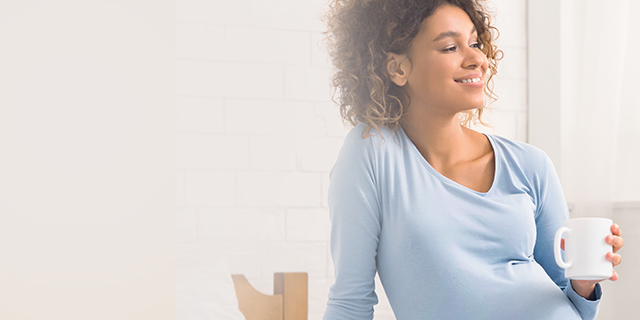





 -
-

 -
-

 -
-
